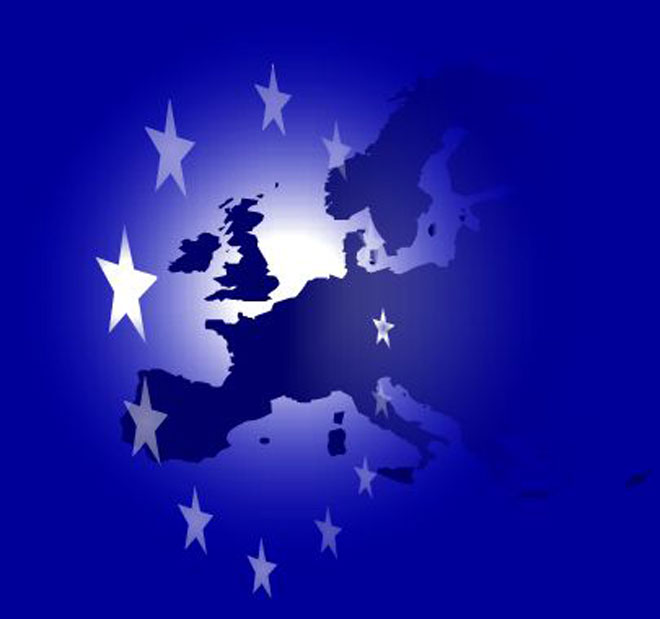European Union foreign ministers decided on Monday to launch proceedings for sanctions against Ivory Coast, following former president Laurent Gbagbo's refusal to accept that he lost recent elections, DPA reported.
Opposition leader Alassane Outtara was named as the winner by Ivory Coast's election body, an outcome accepted by most other countries and international bodies. But Gbagbo's supporters invalidated those results and claimed victory for themselves.
In response, ministers "decided to begin, without delay, preparatory work with a view to the adoption of targeted measures against those who are obstructing the process of peace and national reconciliation, and in particular who are jeopardising the proper outcome of the electoral process," a joint EU statement said.
A diplomat explained that the measures would involve an asset freeze and a travel ban on the country's leadership, but expressed hope that the mere threat of them being imposed would spur Gbagbo into conceding defeat.
Earlier on, Finnish Foreign Minister Alexander Stubb said sanctions were "a strong possibility," while EU foreign policy chief Catherine Ashton stressed that Gbagbo "understands the implications of what he has done."
The attempt by Gbagbo supporters to nullify the result outraged opinion in the EU, which sees itself as the promoter of democracy and human rights in Africa.
"We are of course worried by the situation in Ivory Coast. Usually a definition of a democracy is a country where you have an ex-president still living in the country: in this particular case we now have two presidents," Stubb said.
The EU's task is complicated by the fact that it recognizes Outtara as legitimate president, and is therefore unwilling to take any steps that could weaken his authority.
The bloc therefore decided to abstain from freezing any development aid to the country, a move that is normally foreseen when recipients of EU money break from democratic norms.
EU ministers prepare for sanctions against Ivory Coast
European Union foreign ministers decided on Monday to launch proceedings for sanctions against Ivory Coast, following former president Laurent Gbagbo's refusal to accept that he lost recent elections






